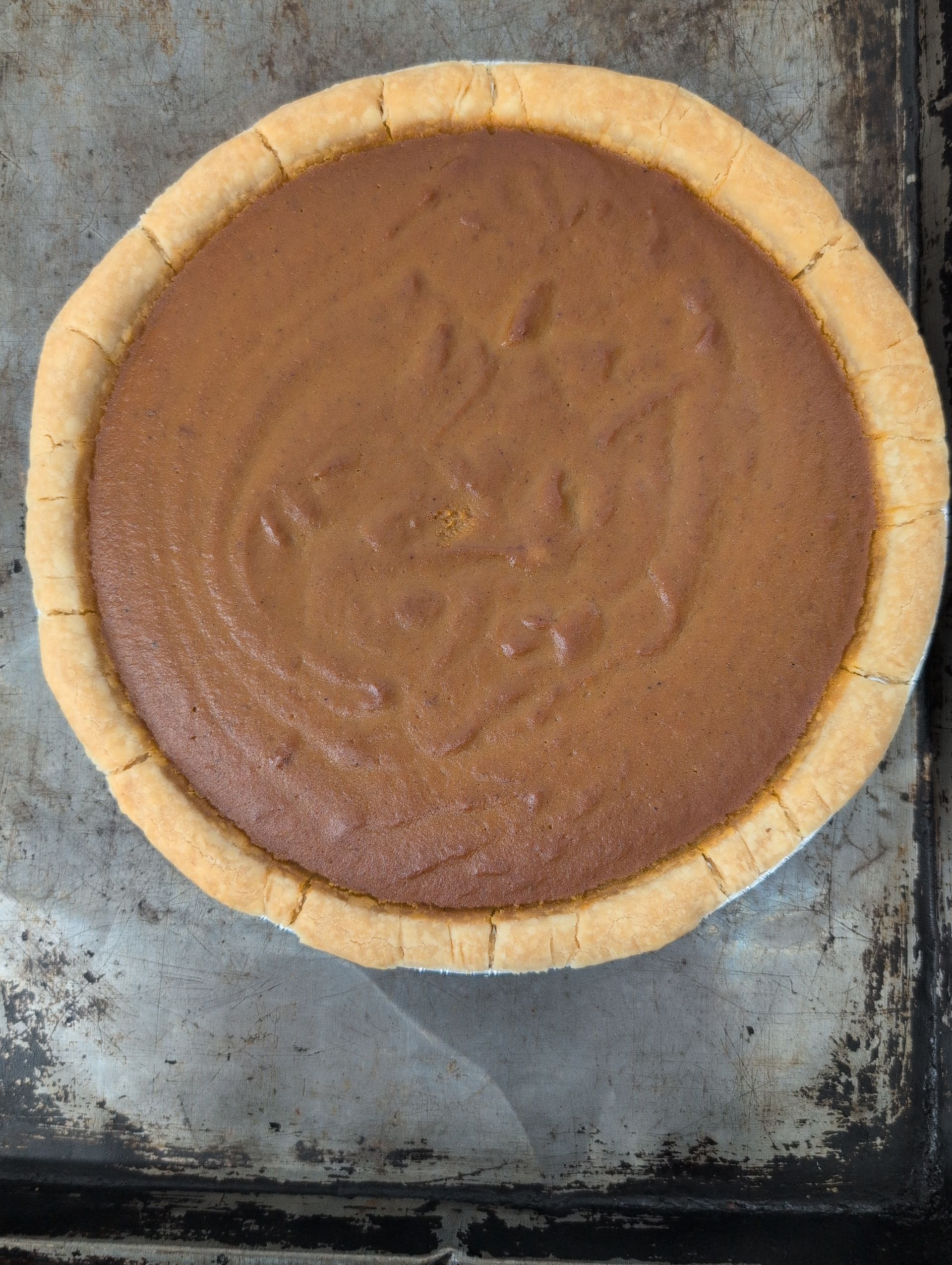Please place your orders by Thursday midnight.
The Benefits of Going Gluten-Free: Why You Should Consider It
Hey there! Have you ever wondered if a gluten-free diet is right for you? Maybe you've heard friends talking about the latest health trend or seen gluten-free products lining the grocery store shelves. Well, let's dive into some compelling reasons why going gluten-free might just be the game-changer you need. 🌾✨
Managing Celiac Disease
First and foremost, for those with celiac disease, a gluten-free diet isn't just a choice—it's a necessity. Celiac disease is an autoimmune disorder where consuming gluten leads to damage in the small intestine. Symptoms can range from digestive issues to severe malnutrition. If you or someone you know has been diagnosed with celiac disease, adopting a gluten-free lifestyle is crucial for managing health and well-being.
Reducing Symptoms of Gluten Sensitivity
Even if you don't have celiac disease, you might still have a sensitivity to gluten, which can cause a range of uncomfortable symptoms. From bloating and stomach cramps to headaches and fatigue, the effects can be pretty disheartening. Avoiding gluten can help alleviate these symptoms and improve your overall quality of life.
Aiding Weight Loss by Reducing Complex Carbs
Believe it or not, going gluten-free can also help in the weight loss department. By cutting out foods that contain gluten, which often also means reducing complex carbs, you might find yourself shedding those stubborn pounds. Remember, though, it's important to make healthy replacements rather than just eliminating foods. Think fresh veggies, lean proteins, and naturally gluten-free grains like quinoa and rice.
Boosting Energy Levels
Feeling sluggish? A gluten-free diet might be the answer to boosting your energy levels. Some people find that when they cut out gluten, they're less prone to the energy dips and fatigue that were once common in their daily lives. Your body will thank you for this newfound vitality!
Improving Gut Health
Your gut is often called your "second brain," and for good reason. A healthy gut can lead to overall better health. By eliminating gluten, you can reduce inflammation in your digestive tract, leading to better nutrient absorption and fewer digestive problems. This is particularly beneficial if you suffer from chronic gut issues.
Making the Transition
If you're thinking about making the switch to a gluten-free diet, there are plenty of resources and communities to support you. Start by educating yourself on which foods contain gluten and be mindful of cross-contamination if you share a kitchen with others who still consume gluten. Apps and online resources can help you find gluten-free recipes and products, making the transition smoother.
Take the Leap
Consider giving a gluten-free diet a try, especially if you struggle with any of the issues we've discussed. Whether it's for managing a medical condition like celiac disease, reducing symptoms of gluten sensitivity, helping with weight loss, boosting energy, or improving gut health, the benefits could be significant. 🌾😊
Join the Conversation
Have you already made the switch to a gluten-free lifestyle? We'd love to hear about your experience! Share your stories and tips in the comments below. For those just starting out, what questions or concerns do you have? Let's support each other on this journey to better health!
So, are you ready to embrace the gluten-free life? Here’s to your health and happiness! 🌿🥗
This blog post aims to be engaging, clear, and full of practical tips, ensuring you have all you need to make an informed decision about going gluten-free. 💪 #GlutenFreeJourney #HealthyLiving
Please place your orders by Thursday midnight.






